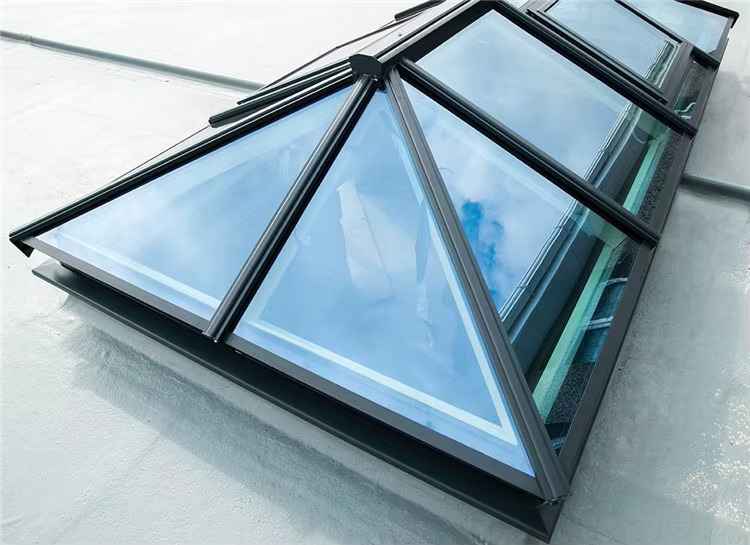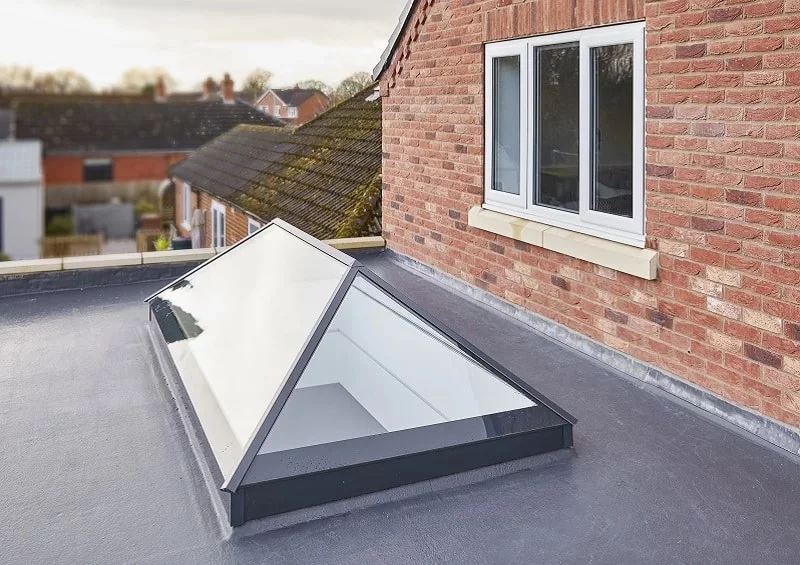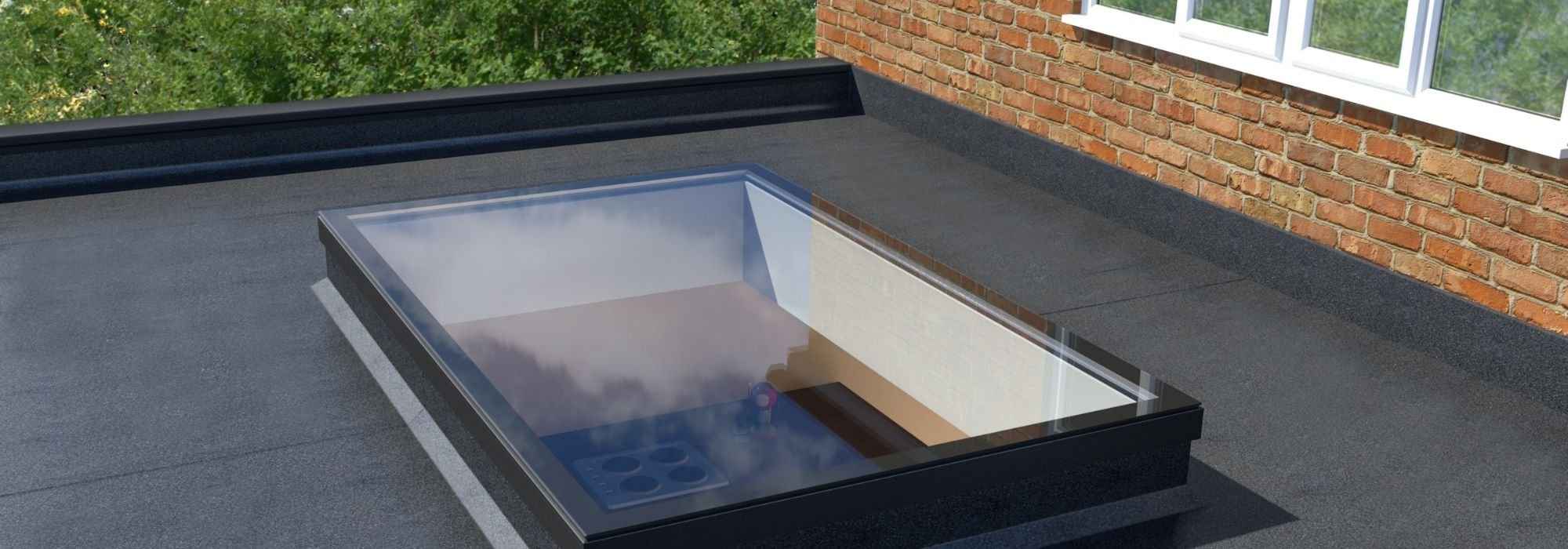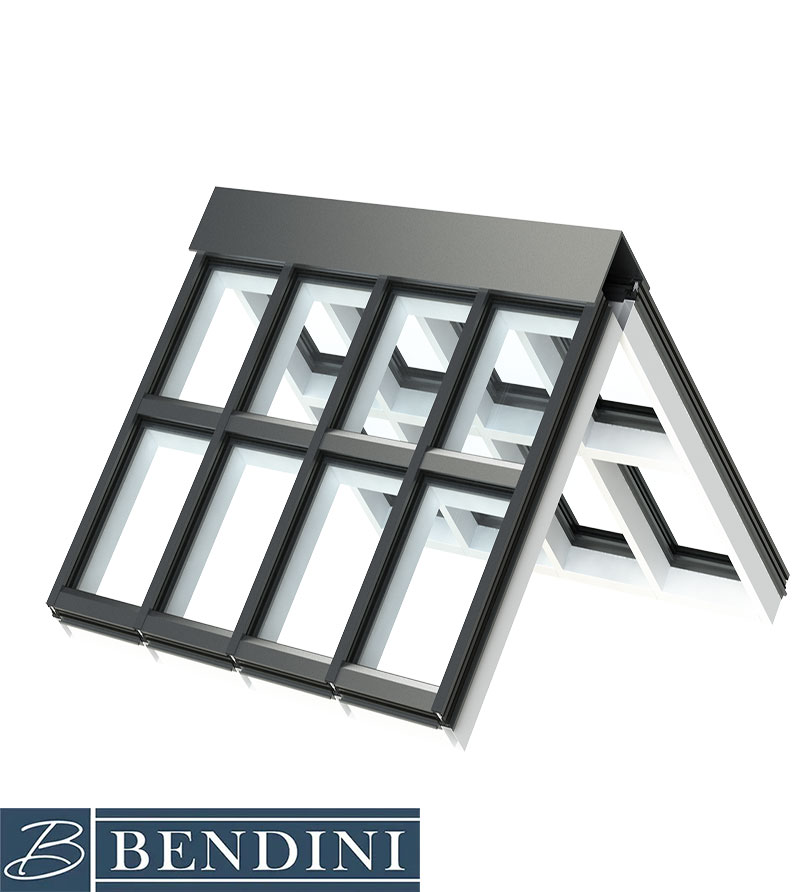SkyLight System
Aluminum profiles play a key role in skylight systems (glass roof light wells), ensuring structural support, waterproofing, aesthetic appeal, and safety. These profiles are used both in the main structure and in minor connection details.
Key Uses of Aluminum Profiles in Skylight Systems
- Glass or Polycarbonate Support Frame
- Sealing and Waterproofing
- Thermal and Acoustic Insulation
- Aesthetic Appeal and Modern Design
- Easy Installation and Assembly


Order Your Skylight Profiles
1. Glass or Polycarbonate Support Frame
The primary application of aluminum profiles is in constructing the main skylight frame. These frames hold glass or polycarbonate panels and transfer loads from weight, wind, and snow to the building structure. They typically include horizontal (mullion) and vertical (transom) profiles.
2. Sealing and Waterproofing
Aluminum profiles, combined with EPDM rubber strips, silicone, or specialized gaskets, ensure complete waterproofing of the glass roof. Sloped designs or drainage grooves are incorporated to direct rainwater to the drainage system.
3. Thermal and Acoustic Insulation
In double- or triple-glazed skylights, aluminum profiles with thermal break features help prevent heat and sound transfer. These profiles include an intermediate polyamide strip for thermal separation.
4. Aesthetic Appeal and Modern Design
Aluminum profiles, available in various finishes (anodized, powder-coated), can be coordinated with the building’s façade. Minimalist design, slim profiles, and precise corner detailing give the skylight a luxurious and modern appearance.
5. Easy Installation and Assembly
Modern skylight systems are often modular. Aluminum profiles are designed for quick, precise assembly without the need for heavy metalwork.
To receive professional advice, please complete the form below


Common Skylight Aluminum Profiles
T-Shaped Profile: Used to support horizontal double-glass panels.
U-Channel Profile: Used for side framing.
Angle (L-Shaped) Profile: Used for corners.
Thermal Break Profiles: Designed for cold-climate regions.
Clip or Cover Profiles: Secure glass panels without visible exterior screws.
Bendini Aluminum Profiles manufactures a wide range of skylight system profiles.



